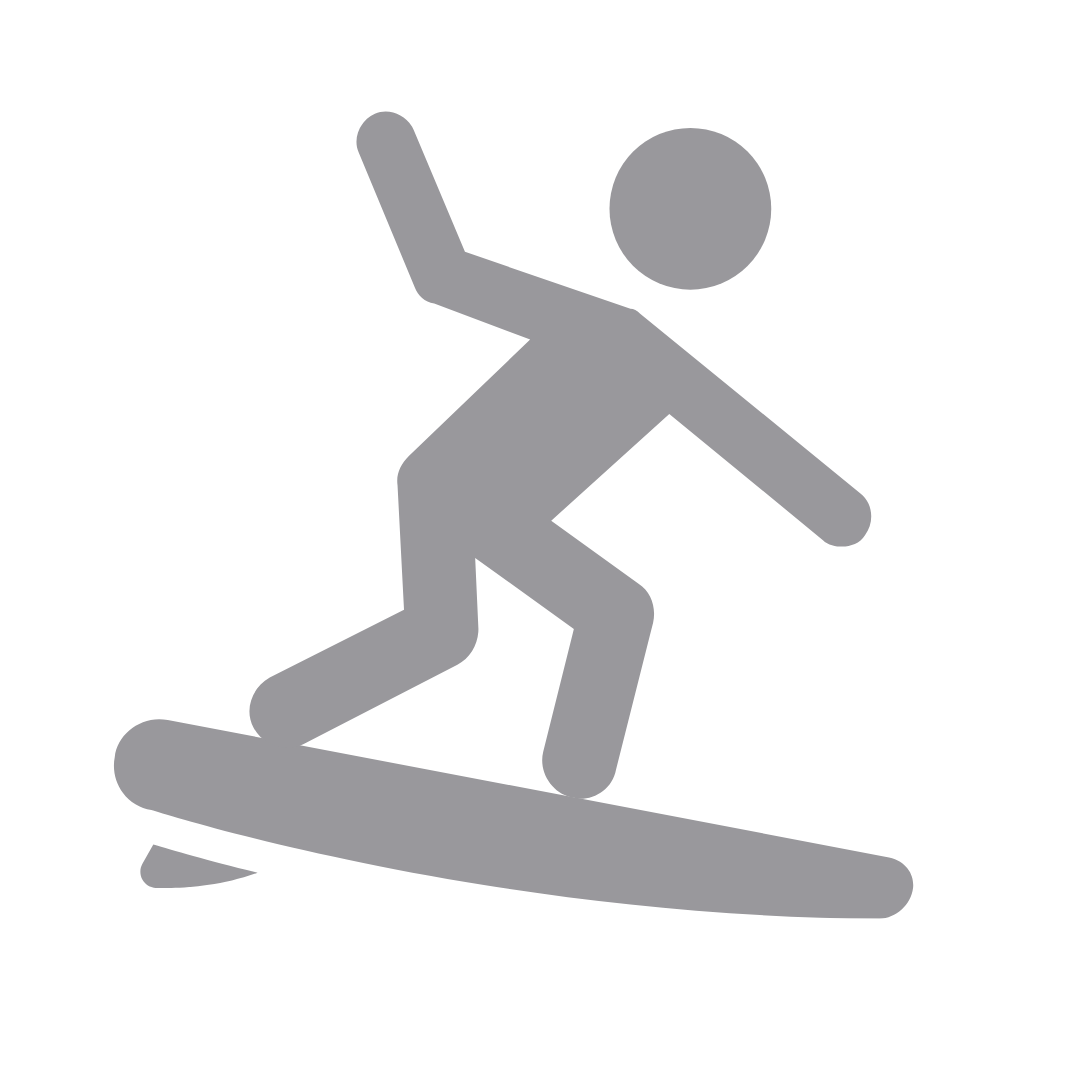UV Exposure Safety
UV Exposure and Skin CancerUV Radiation have both positive and negative effects. The positive effects include warmth, light, photosynthesis in plants, and vitamin D synthesis in the body. But overexposure to UV radiation has adverse health effects. The radiation that passes through the ozone layer (UVA and UVB rays) penetrate the skin and eyes and can cause adverse health effects, particularly for people who spend substantial time outdoors. These health problems include:
- Blistering sunburns
- Skin cancer and other skin disorder
- Cosmetic problems including leathery, wrinkled skin
- Cataracts and other eye damage
- Immune suppression
Because of these adverse health effects, you should limit your exposure to UV radiation and protect yourself when working, playing, or exercising outdoors. Also, don’t be fooled by clouds. Depending on the thickness of the cloud cover, it is possible to burn on a cloudy day, even if it does not feel very warm. Protecting yourself from overexposure to UV radiation is simple if you take the steps listed below.
- Limit time in the midday sun as much as possible . The sun’s UV rays are strongest between 10 a.m. and 4 p.m. To the extent you can, limit exposure to the sun during these hours.
- Watch for the UV Index. The UV Index provides important information to help you plan your outdoor activities in ways that prevent overexposure to the sun’s rays. Developed by the National Weather Service (NWS) and EPA, the UV Index is issued daily in selected cities across the U.S.
- Wear sunscreen. Apply a broad-spectrum sunscreen of SPF 15+ liberally and reapply every 2 hours, or after working, swimming, playing, or exercising outdoors.
- Wear protective clothing . Sunglasses that provide 99 to 100% UV protection will greatly reduce sun exposure which can lead to cataracts and other eye damage. Check the UV label when buying sunglasses. A hat with a wide brim offers good sun protection for your eyes, ears, face, and neck – areas particularly prone to overexposure to the sun. Tightly woven, loose-fitting, and full-length clothes are best for protection of exposed skin.
- Seek shade. Staying under cover is one of the best ways to protect yourself from the sun. Also steer clear of tanning beds and sun lamps that can increase the rate of skin and eye damage.
- Protect the ozone. Use natural products instead of chemical cleaning agents, soaps, and sprays that contain ozone-depleting substances.
Remember, everyday sun exposure counts! You don’t have to be actively sunbathing to get a damaging dose of the sun. Take care and apply sunscreen even when having lunch outside, going on field trips, taking part in afternoon activities, or participating in a sport. Inform your friends and family about these sun-friendly health tips so everyone can have a fun and safe summer!







 RENTALS
RENTALS LESSON
LESSON CAMPS
CAMPS ABOUT
ABOUT SHOP
SHOP